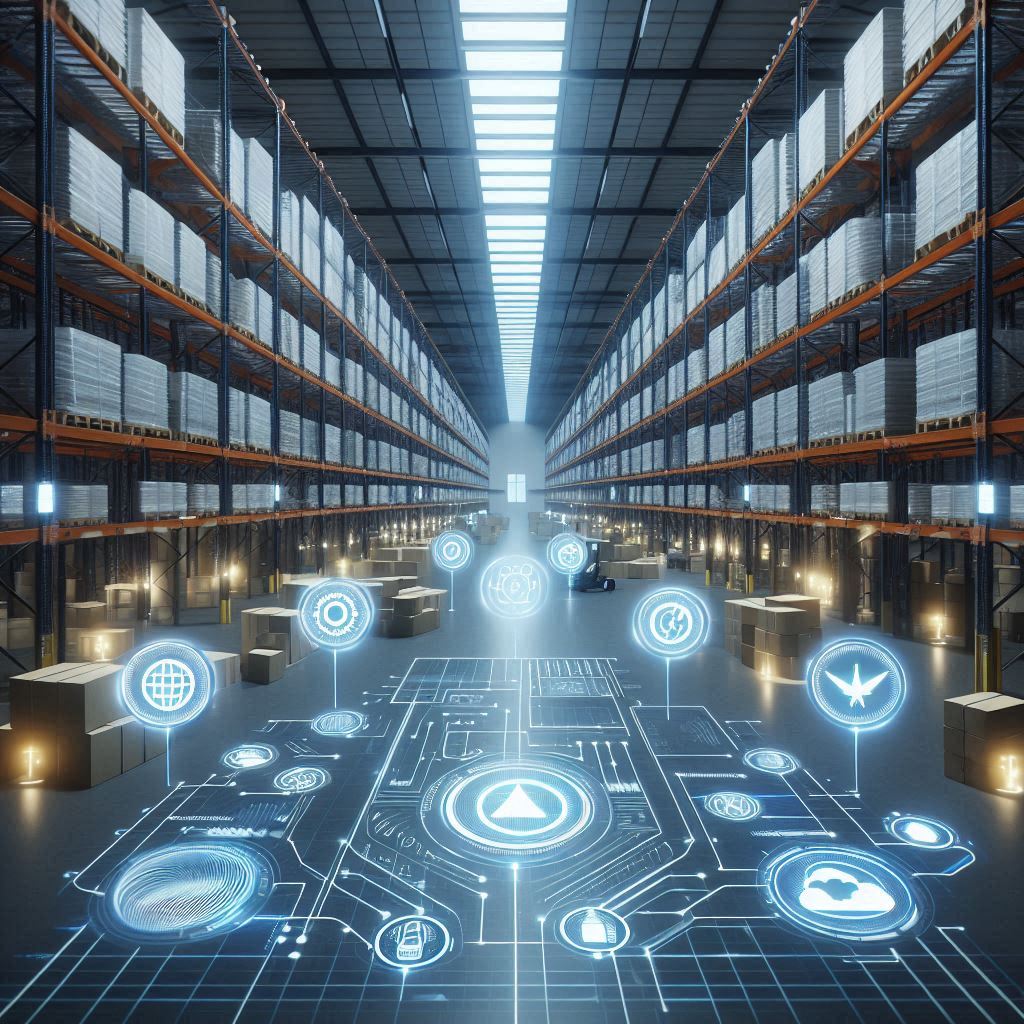Summary
Explore the latest trends in AI for e-commerce in 2025. This article delves into how artificial intelligence is shaping the future of online retail, from hyper-personalization to advanced automation.
Introduction
As we step into 2025, the e-commerce landscape continues to evolve at a rapid pace, driven by advancements in artificial intelligence (AI). AI is no longer a futuristic concept but a present-day reality that is transforming how businesses operate and interact with customers. In this article, we’ll explore the key AI trends that are set to redefine e-commerce in 2025.
What is AI in E-commerce?
AI in e-commerce encompasses a range of technologies that enable online retailers to enhance customer experiences, streamline operations, and drive sales. From machine learning algorithms that predict customer behavior to natural language processing (NLP) that powers chatbots, AI is revolutionizing every aspect of the e-commerce ecosystem.
Real Benefits for Online Stores
Hyper-Personalization: AI enables businesses to deliver highly personalized shopping experiences by analyzing vast amounts of customer data. This includes tailored product recommendations, customized marketing messages, and individualized pricing strategies.
Advanced Automation: AI-powered automation tools can handle repetitive tasks such as inventory management, order processing, and customer service, freeing up human resources for more strategic activities.
Enhanced Customer Insights: AI algorithms can analyze customer behavior and feedback to provide valuable insights into preferences, trends, and potential issues. This helps businesses make data-driven decisions and improve their offerings.
Key AI Trends in E-commerce for 2025
Hyper-Personalization
Description: Hyper-personalization involves using AI to create highly individualized shopping experiences for each customer. This goes beyond simple product recommendations to include personalized content, offers, and interactions.
Impact: By leveraging AI, businesses can increase customer engagement, loyalty, and conversion rates. Hyper-personalization helps customers feel understood and valued, leading to a more satisfying shopping experience.
AI-Driven Customer Service
Description: AI-driven customer service tools, such as chatbots and virtual assistants, are becoming increasingly sophisticated. These tools can handle a wide range of customer inquiries, provide instant support, and even anticipate customer needs.
Impact: AI-driven customer service enhances the overall customer experience by providing quick and accurate responses, reducing wait times, and improving satisfaction levels.
Advanced Inventory Management
Description: AI-powered inventory management systems use predictive analytics to forecast demand, optimize stock levels, and reduce waste. These systems can automatically reorder products, manage supplier relationships, and identify potential supply chain disruptions.
Impact: Advanced inventory management helps businesses reduce costs, improve efficiency, and ensure that products are always available when customers need them.
Visual and Voice Search
Description: Visual and voice search technologies are becoming more prevalent in e-commerce. Visual search allows customers to upload images to find similar products, while voice search enables them to use voice commands to search for items.
Impact: These technologies make the shopping experience more convenient and intuitive, helping customers find what they’re looking for quickly and easily.
AI-Powered Marketing
Description: AI-powered marketing tools can analyze customer data to create targeted and personalized marketing campaigns. These tools can optimize ad placements, personalize email marketing, and even generate content.
Impact: AI-powered marketing increases the effectiveness of marketing efforts, improves customer engagement, and drives higher conversion rates.
Getting Started
To leverage AI in your e-commerce business, start by identifying areas where AI can have the most significant impact. Whether it’s customer service, inventory management, or marketing, there are AI solutions available to help you achieve your goals. Begin with a pilot project, test the results, and scale up as you see positive outcomes.

Final Thoughts
AI is transforming the e-commerce industry in ways we could only imagine a few years ago. By embracing these trends, businesses can stay ahead of the competition, deliver exceptional customer experiences, and drive growth. As we move further into 2025, the integration of AI in e-commerce will continue to evolve, offering even more opportunities for innovation and success.


